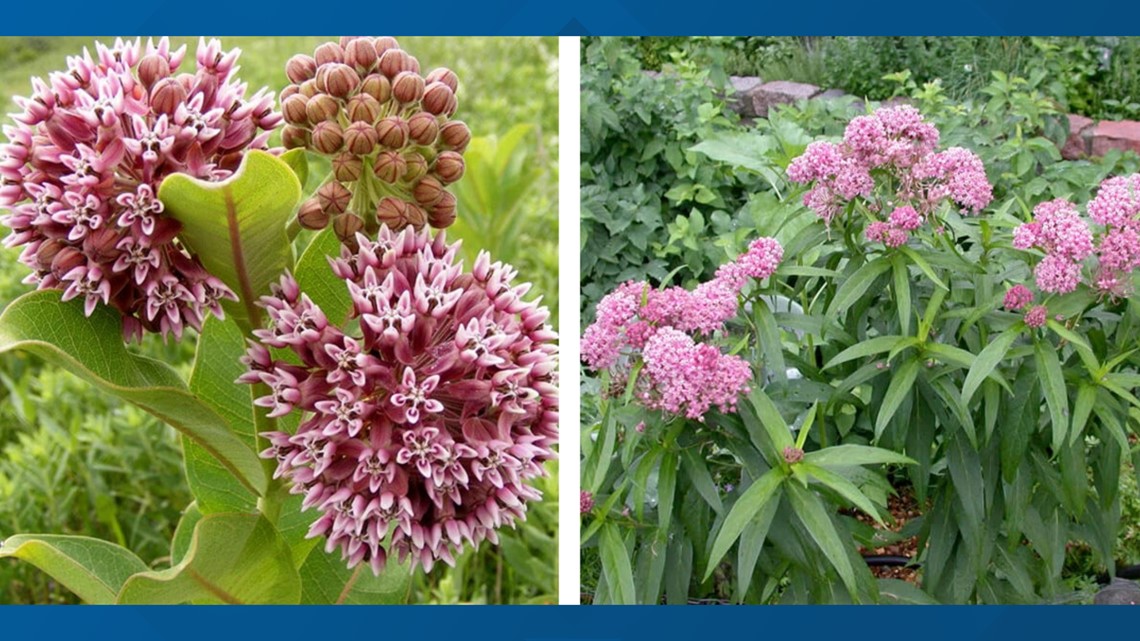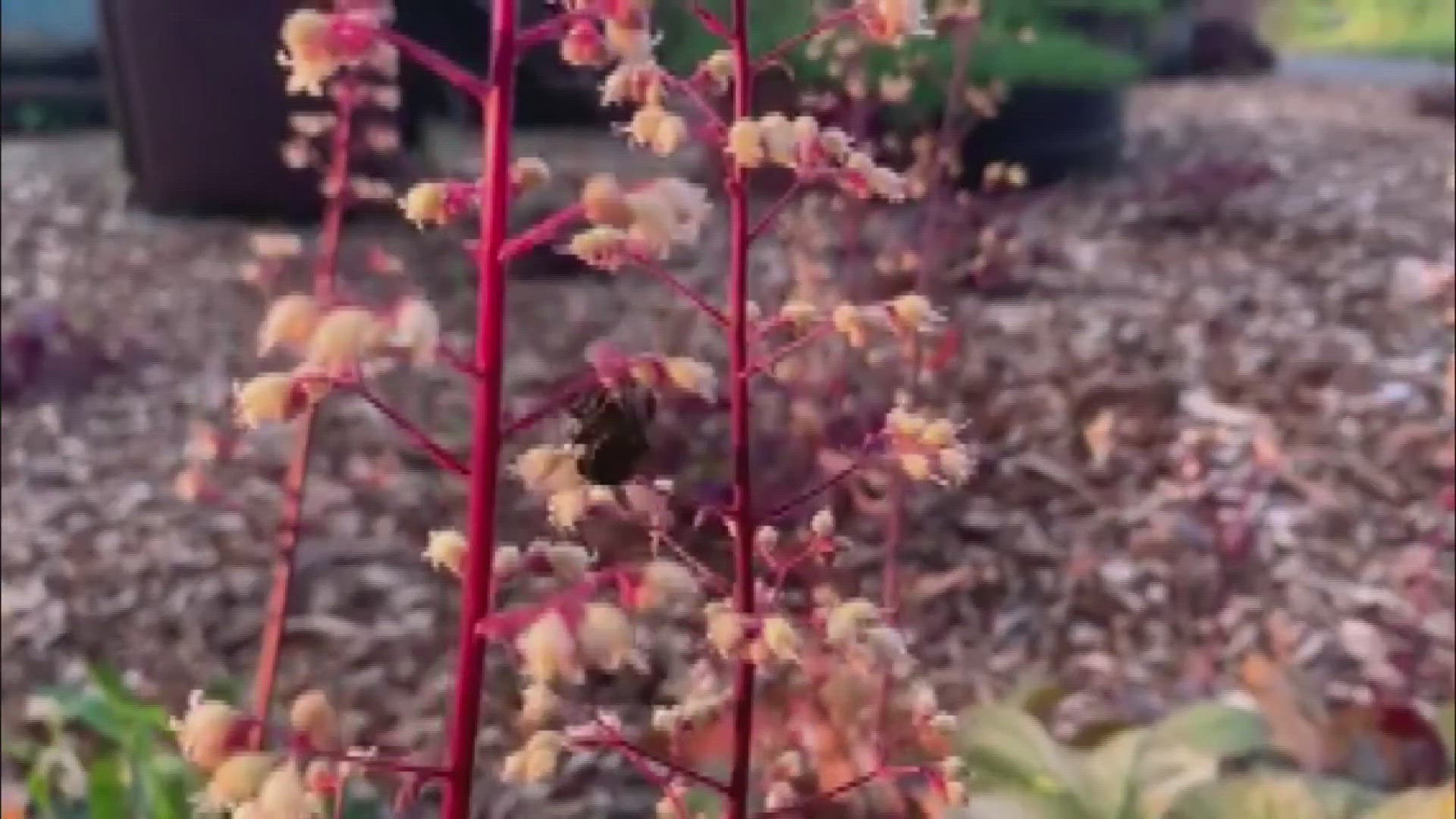KNOXVILLE, Tenn. — The Tennessee Department of Transportation is offering free milkweed seeds as part of an effort to support pollinator populations across the state, during National Pollinator Week. Those can include bees, some types of birds, bats, beetles, moths and butterflies.
They launched "Project Milkweed," which gives people a chance to plant common milkweed or red milkweed at home. People can sign up to get free seeds online, and shipments will be made during the fall season, between Aug. 1 and Oct. 1. They recommended people plant the seeds before Oct. 15, to give the plant the best chance of growing. Information about how to best care for the plants is also on the website.
"Project Milkweed is a way that we can connect Tennesseans with doing something in their yard for creating these micro waystations for pollinators, as they migrate and they come out in the summertime," said Mike McClanahan from TDOT's environmental division. "Milkweed is native to this part of the South, it's native to Tennessee."


Milkweed is a flowering plant that is crucial for supporting monarch butterflies, giving them a place to lay eggs as well as providing food for larvae and caterpillars. However, TDOT said both monarch butterfly populations and milkweed habitats have seen a 90% decline since 1992.
"We started looking at how we were mowing and how we were spraying, what we were doing on our roadside, and then we took a pretty comprehensive look at what our neighbors were doing, all our neighboring states. We think we've upped our game a little bit," said McClanahan. "All of our projects either have like an 'improving our right-of-ways' bend, or an 'educating the public band.' You know, we want to make an ecological difference."
The project is a subset of TDOT's Pollinator Habitat Program, a partnership between different state agencies and nonprofits that tries to conserve native pollinators and pollinator habitats.

